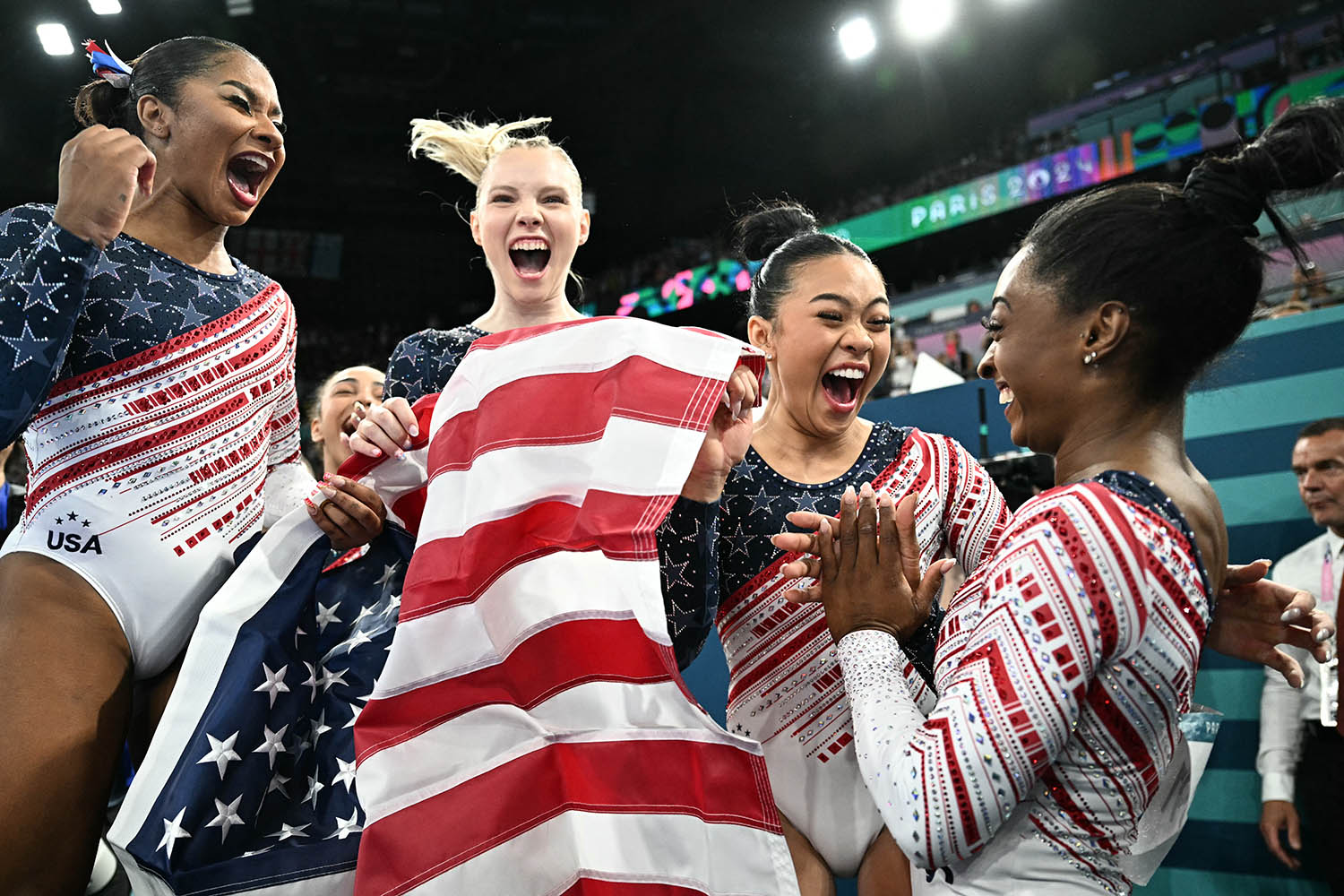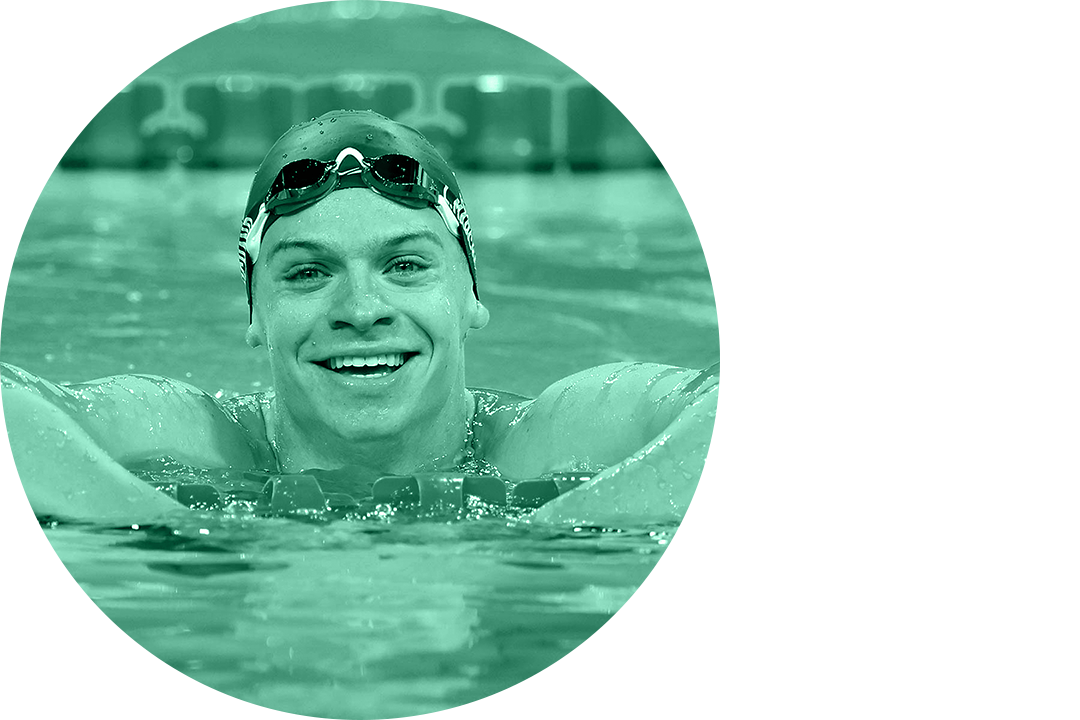
Some sports fight for the right to be boring. Athletes have no obligation to entertain. Their job is only to seek victory, writes Simon Barnes.
Yesterday morning we had live air pistol shooting on BBC1. Those who switched on early caught the mixed 10 metre event. Good stuff, eh? Serbia won the gold medal from Turkey in the final; India won the bronze.
So what? Fair question. Despite the defeat, the sun still rose in Turkey this morning. And meanwhile the Olympic Games rumble on: yesterday’s events also included
- quite a lot of swimming heats in the morning;
- plenty of dressage;
- judo women’s 63kg competition; and
- men’s trap final (more shooting and gold for Britain’s Nathan Hales)
These are not sports that usually fill the airwaves. Without their quadrennial Olympic lustre they mean little to most of us. Many even quite sporty people would call them dull. True, yesterday’s schedule was thrown out by the postponement of the triathlon because of sewage levels in the Seine – but it’s often been said that the most intriguing part of that sport is the speed at which contestants change their clothes.
And yet some sports fight for their right to be boring. After all, athletes have no obligation to entertain. Their job is to seek victory and excellence. Anything else is flumdiddle.
True, sport is often incidentally entertaining. But when sport is trying to entertain, it gets more and more like professional wrestling. That is to say, silly.
Let me entertain you. Mainstream professional sports have all made significant changes in an effort to be more entertaining.
- Football: back-pass rule, penalty shootouts.
- Formula One: safety car.
- Rugby union: inflating points-value of a try, 50-22 kick.
- Rugby league: six-tackle rule.
- Tennis: tie-breaker.
- Cricket: over restrictions, fielding restrictions, more and more restrictions on bowlers, ever-shorter boundaries, the ultimately reductive competition called the Hundred.
Some of these changes have been good; others, like the penalty shootout, destructive of sport. To fit in with television schedules and gain ever-bigger audiences, sporting administrators try to please people who don’t really like sport. They reason: we’ll always have our core audience, so why bother to please them? They also believe that the more money sport makes, the better sport becomes – not necessarily a view shared by people who watch it.
Youth vote. The Olympic Games tries to stay relevant and entertaining by courting youth: like the uncle on the dance floor. At the Paris Games we have the new sport of breaking (don’t say breakdancing, frightfully uncool). It sits happily alongside BMX, skateboarding and surfing.
But it’s the heartland Olympic sports that bring people in and keep them there. They do so because they are elemental, ancient and quite breathlessly modern. Usain Bolt is the greatest Olympian of recent years, not because he’s a fun guy but because he was and is the fastest man the world has ever seen.
Weep, damn you! The BBC coverage of Olympic Games is also based on the desire to please people who don’t really like sport. They do it by
- presenting the Games as a battle between Britain and Abroad; and
- focusing on weeping parents, weeping athletes, even weeping presenters. Never mind the sport, feel the emotion.
But here’s the thing about sport: the quest for excellence can never be wholly trivial.
Yesterday brought us the team competition in women’s gymnastics and it was top quality sport from first to last. It had history-making Italians in silver, gallant but disappointed Brits in fourth, and above all, a wonderful American team led by the ineffable Simone Biles. This was the first event she pulled out of at the Tokyo Games three years ago after suffering a sudden onset of self-doubt and a wholly justifiable fear of potentially life-changing injury: yesterday she looked as if she’d never known fear in her life.
We watch sport because sport is a courage-opp. Courage in any form is enthralling. Hemingway defined courage as grace under pressure. It’s a line that covers every sport in the calendar: but perhaps especially gymnastics.















